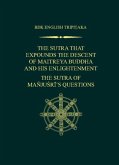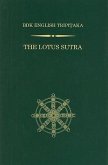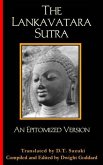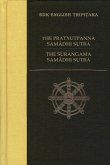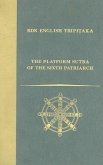The Expository Commentary on the Vimalakīrti Sūtra is a translation of the Yuimagyō-gisho, a three-fascicle commentary on Kumarajīva's translation of the Vimalakīrtinirdeśa-sūtra. Together with commentaries on the Lotus Sutra and the Śrīmālādevī-sūtra, it is known as one of the "Three Commentaries" (Sangyō-gisho) attributed to Shōtoku Taishi. While questions about Shōtoku's authorship still remain, this text has played significant role in the history of Japanese Buddhism. The Vimalakīrti-sūtra's dramatic narrative of an awakened merchant prince, long popular in China as a model for the sage-ruler, had obvious appeal to Japanese rulers in the sixth-seventh centuries as well, an era that marks the beginning of the Japanese state. Adopting Buddhism as the state religion, initiating diplomatic relations with Korea and China, and integrating the superior technologies of the continent required great changes in the legitimization of rule and the structure of virtually every aspect of Japanese life. Shōtoku and his family have long been seen as central pillars of this "internationalization" of Japan, and the connection between The Commentary and Shōtoku Taishi assured its importance and influence to this day.
Hinweis: Dieser Artikel kann nur an eine deutsche Lieferadresse ausgeliefert werden.
Hinweis: Dieser Artikel kann nur an eine deutsche Lieferadresse ausgeliefert werden.



